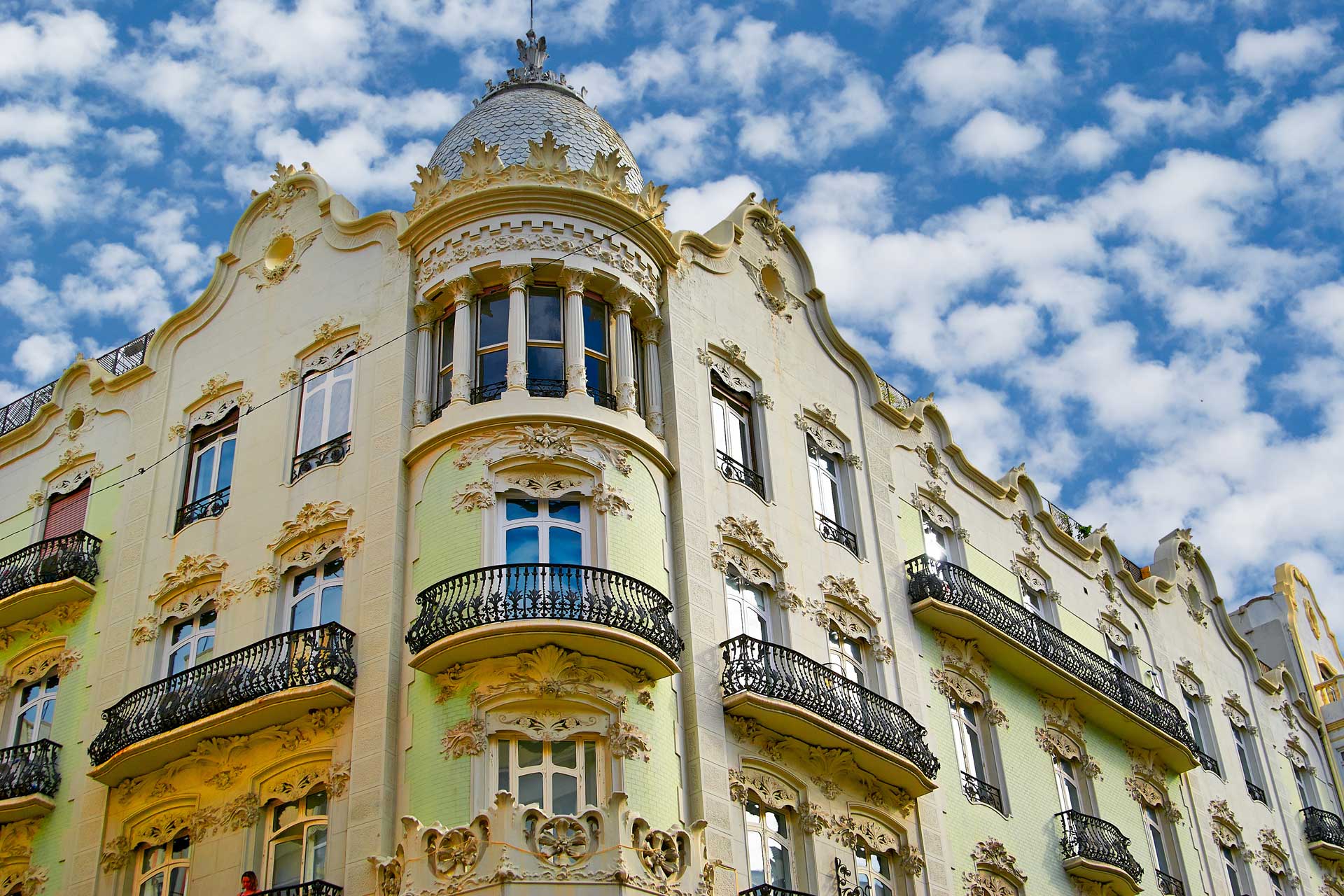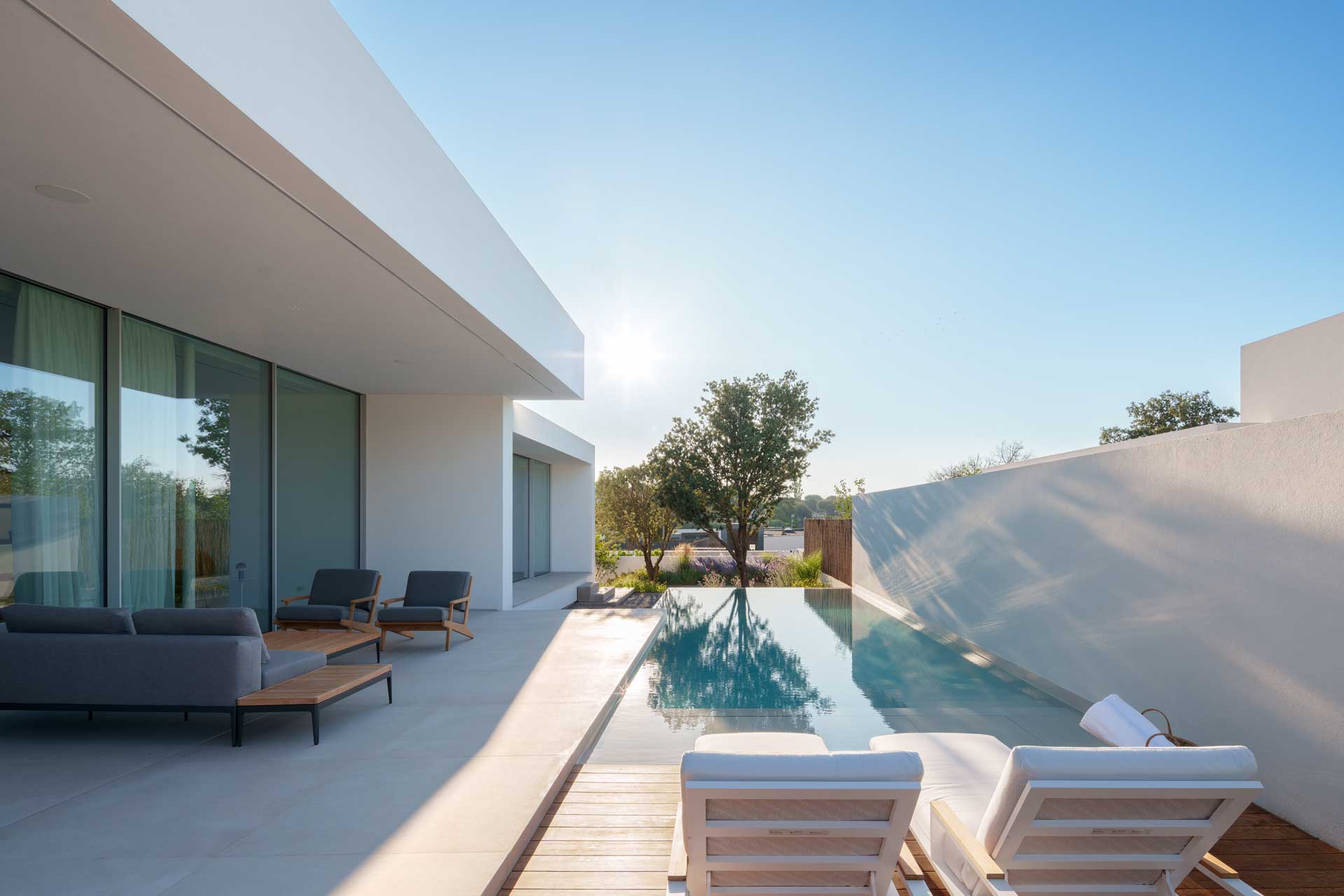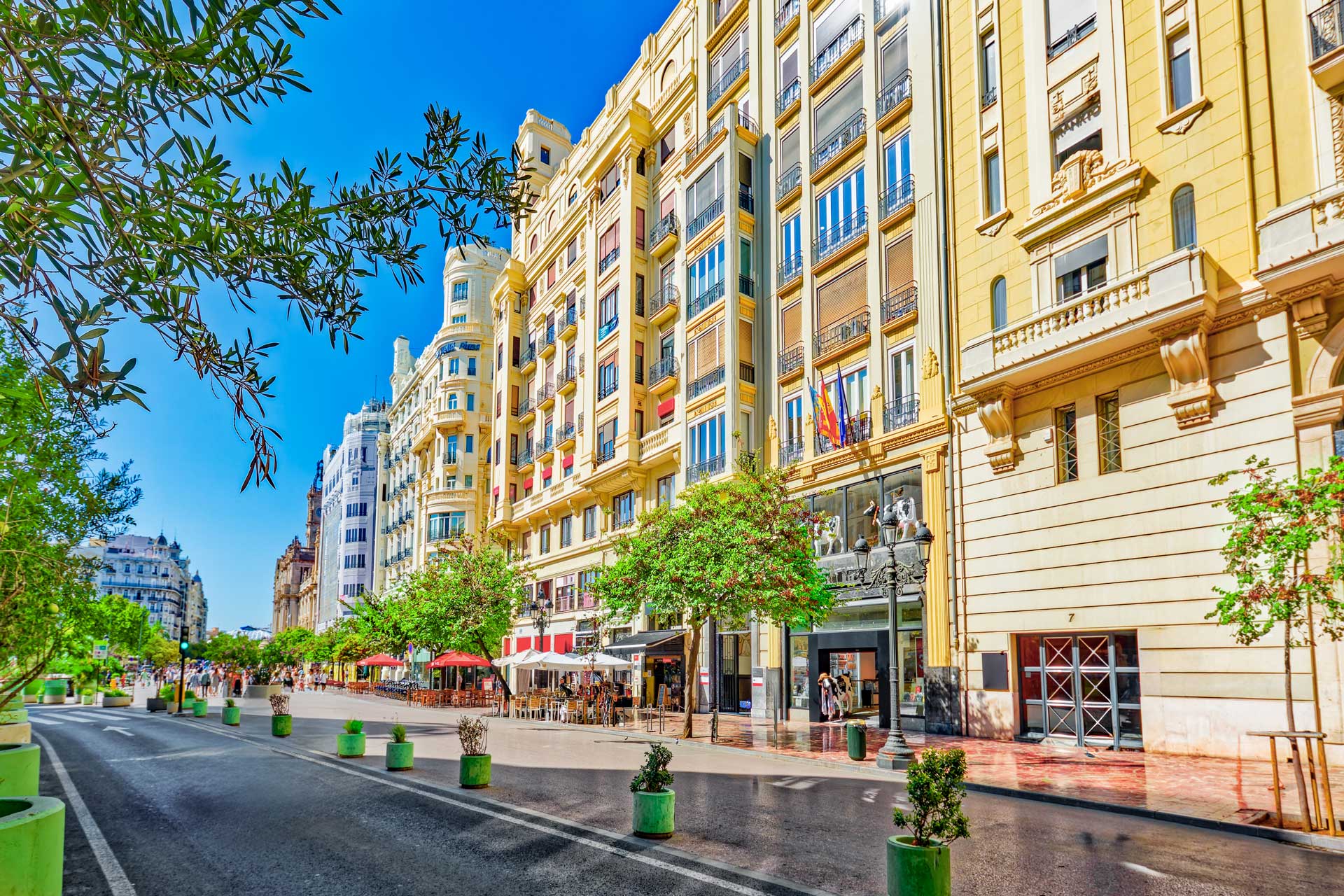When applying for a Spanish visa as a non-EU citizen — whether it’s a Non-Lucrative Visa, Digital Nomad Visa, or Family Reunification Visa — one essential document is always required: proof of accommodation.
This proof is not a formality. It’s a key element that confirms your move is genuine, planned, and compliant with Spanish residency regulations. Yet, it often becomes one of the trickiest steps to manage from abroad.
At Livin’Valencia, we help our clients secure housing that meets all visa and legal standards, and we do so in close coordination with trusted immigration lawyers to make sure every piece fits perfectly.
Why Proof of Accommodation Is Crucial
Spanish consulates abroad want to see that your relocation is organized and that you have a stable, legal address for the entire duration of your stay.
This requirement serves several purposes: it confirms that your move is well-prepared and financially supported, ensures that the address allows city registration (empadronamiento) and residency documentation (TIE), and guarantees that your housing situation complies with the Urban Leasing Law (LAU).
In short, your proof of accommodation demonstrates that you’re genuinely moving to Spain, not simply visiting.
What Type of Accommodation Is Accepted
Not all rentals or bookings are accepted for visa purposes. Most Spanish consulates will reject hotel or Airbnb bookings, seasonal or “temporary” rentals (less than 11 months), informal subleases, or any accommodation that cannot be verified or does not allow empadronamiento.
What’s accepted — and what we help secure — are long-term leases (11 months or longer) signed under the Ley de Arrendamientos Urbanos (LAU), property purchase deeds (escritura pública) if you already bought your home, or in some cases, an arras contract (pre-purchase agreement) if it’s notarized and includes proof of payment or deposit.
For visa purposes, some consulates accept a notarized arras if the purchase is already underway, but most prefer a public deed as definitive proof. We always confirm this detail directly with the immigration lawyer handling your case, to make sure your housing proof matches consular expectations.
How We Help at Livin’Valencia
Our role is to make sure your housing supports your visa, not complicates it. We coordinate every step between property search, legal compliance, and immigration preparation, so you can focus on your move rather than paperwork.
1. Coordinating Visa Pathways with Our Trusted Immigration Lawyers
Before signing any lease or property contract, we work hand-in-hand with our immigration partners to ensure that your accommodation documents match the specific requirements of your visa type and the consulate that will process it.
Together, we review your visa category and timeline, validate the rental or purchase format and duration required by your consulate, align housing documentation with the visa submission calendar, and prepare the proof of accommodation files for your consulate application.
This coordination avoids the common pitfall of securing a property that looks fine locally but doesn’t satisfy visa requirements abroad.
2. Securing Long-Term Rentals — Remotely and In Person
Most of our clients live outside Spain when they begin the process, and that’s perfectly fine. We handle most housing searches remotely, providing verified listings, video tours, and real-time feedback so that every decision can be made confidently from abroad.
But we also conduct in-person visits ourselves. We are physically present during each viewing to check what videos can’t show: noise levels, light exposure, building condition, surroundings, and any potential red flags.
Our long-term rental service includes remote property search based on your criteria, budget, and visa timeline; video tours and in-person inspections by our team; owner due diligence to confirm the property is legally rentable under LAU; lease review by us and your lawyer to eliminate risky or abusive clauses; and coordination of signatures, payments, and notarizations from abroad.
We manage this process daily for families, professionals, and retirees relocating from the USA, Canada, the UK, and beyond. Our goal is to make sure that when you submit your visa, your accommodation file is already complete, clean, and fully compliant.
3. Administrative Preparation — From Contract to Empadronamiento
Once your lease or purchase is secured, we prepare all supporting documents your visa lawyer will need: certified copy of the rental or purchase contract, landlord ID and proof of ownership, utility or IBI receipts to confirm the property’s residential status, certified translations if required by the consulate, and coordination of your empadronamiento once you arrive.
This administrative backbone saves time and ensures your housing proof aligns seamlessly with your visa file.
4. For Buyers: Arras or Public Deed — Which Works Best
If you’re buying a property in Spain, both an arras (deposit contract) and a public deed (escritura pública) can serve as proof of accommodation, but not equally.
A notarized arras that includes the property address, seller and buyer details, deposit amount, and expected signing date can, in some consulates, be accepted as provisional proof if the purchase process is already well underway.
However, the public deed remains the preferred and most secure option. It provides definitive ownership proof and avoids any interpretation risk during your visa evaluation.
We always verify this point directly with your lawyer and notary to confirm which document your specific consulate will accept, and we synchronize your purchase timeline with the visa submission so that your proof of accommodation is unquestionable.
Why This Step Deserves Expert Guidance
Each consulate has slightly different expectations. For example:
- Los Angeles and New York consulates often insist on contracts signed by both parties, covering the full visa duration.
- In Canada and the UK, officers may request proof of payment or deposit as confirmation.
- In some EU consulates, a property under renovation or a non-residential listing may be refused.
These nuances can make or break an application.
That’s why our clients rely on us — not just for the property, but for the coherence between housing, timing, and visa documentation.
Why Working with Professionals Matters
Every Spanish consulate has its own nuances. Some require a full-year lease covering your entire visa duration. Others will ask for proof of payment or deposit to verify authenticity. A few may request the landlord’s NIE or property tax record (IBI).
We handle these details daily, verifying what each consulate expects, cross-checking with your immigration lawyer, and adapting your documents accordingly.
This is where precision and local expertise make all the difference: a wrong contract type or missing signature can delay or even block your visa.
Typical Timeline We Manage for Non-EU Clients
- Pre-Move Consultation – We clarify your visa route, family needs, and relocation calendar.
- Remote & In-Person Property Search – We identify long-term housing that fits both your lifestyle and your visa requirements.
- Legal & Administrative Review – We verify ownership, prepare contracts, and align documents with your lawyer’s guidance.
- Visa Submission – Your lawyer submits your complete file, including verified proof of accommodation.
- Arrival & Registration – We support your empadronamiento, utility setup, and TIE appointment in Valencia.
Every stage is connected and properly sequenced, so you can relocate confidently, with no last-minute surprises.
A Realistic Reminder
For non-EU nationals, a simple hotel booking or “promise of housing” is never sufficient for a Spanish long-stay visa. You need a legally valid, long-term address in Spain, supported by a contract or deed signed under Spanish law.
Because consular appointments are often booked months ahead, it’s essential to start the housing process well in advance. That’s exactly where we come in, combining visa coordination and housing strategy into one cohesive, stress-free process.
Our Promise
We make sure your accommodation strengthens your visa application, not complicates it. By aligning housing, legal compliance, and visa preparation, we help you relocate to Valencia with confidence and clarity.
Ready to start your relocation journey?
Book a 15-minute courtesy call with us. We’ll review your visa path, timeline, and housing options, and explain how we can handle everything from abroad, step by step.




